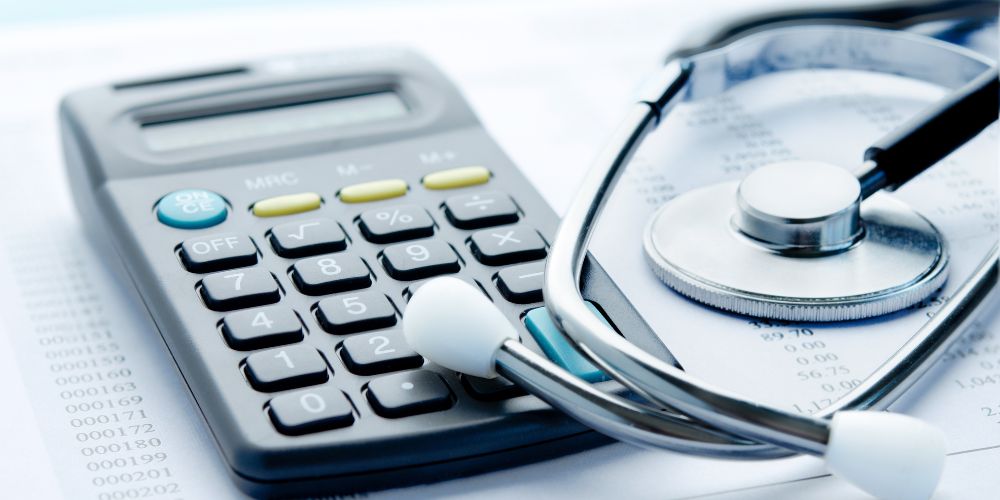The Gut
The gut, also known as the Gastrointestinal Tract or Digestive Tract, is responsible for digestion. This converts the food and drink a person eats into nutrients including proteins, fats, carbohydrates, vitamins and minerals as well as water into small enough parts that the body is able to absorb and use for energy, growth and cell repair.
The gut has millions of microbes within it that aid in the digestion and helps produce a number of hormones and vitamins. The majority of cells that make up the immune system are found within the digestive tract. Having good gut health is linked to fewer sick days and a lower risk of allergies and autoimmune conditions.
How to ensure a person has a healthy gut
The most important thing a person can do, to ensure they have a healthy gut, is to have a good and varied diet. The microbes are reliant on what we feed them.
Try and include the following:
- Increase the number of plant foods. A recommended strategy is to aim for 30 different types in a week, this could include fruits and vegetables, wholegrains, legumes (such as chickpeas, lentils or kidney beans), nuts and seeds.
- Also restrict the amount of saturated fat, sugar and salt.
- Ensure a variety of foods each day and change the colours of vegetables.
- Ensure a good sleep pattern.
- Exercise regularly.
Gut Diseases
There are a number of different diseases affecting the gut. They can be broadly divided into functional and structural. Functional are conditions where, on examination, the GI tract looks normal on examination but doesn’t move properly. These conditions include Constipation, Irritable Bowel Syndrome (IBS), nausea, wind, bloating and Diarrhoea
Structural conditions are where the GI Tract looks abnormal and also does not work properly. Sometimes the structural abnormality needs to be removed surgically. These conditions include Strictures, Stenosis, Haemorrhoids, Colon Polyps, Colon Cancer and Inflammatory Bowel Disease.
Early Warning Signs and Symptoms for Cancer
Whilst we are discussing things about the gut, it may be helpful to have a reminder of the early warning signs and symptoms for Cancer in this area. If you are experiencing any of these symptoms you should either ring 111 or contact your family doctor.
- A change in normal bowel habits.
- Blood on or in the stool that is wither bright or dark.
- Unusual abdominal pain.
- Very narrow stool.
- A feeling that the bowel has not emptied.
- Unexplained weight loss.
- Anaemia (low iron).
For further information see the following
https://my.clevelandclinic.org/health/articles/7040-gastrointestinal-diseases
https://www.nhsinform.scot/illnesses-and-conditions/stomach-liver-and-gastrointestinal-tract/



